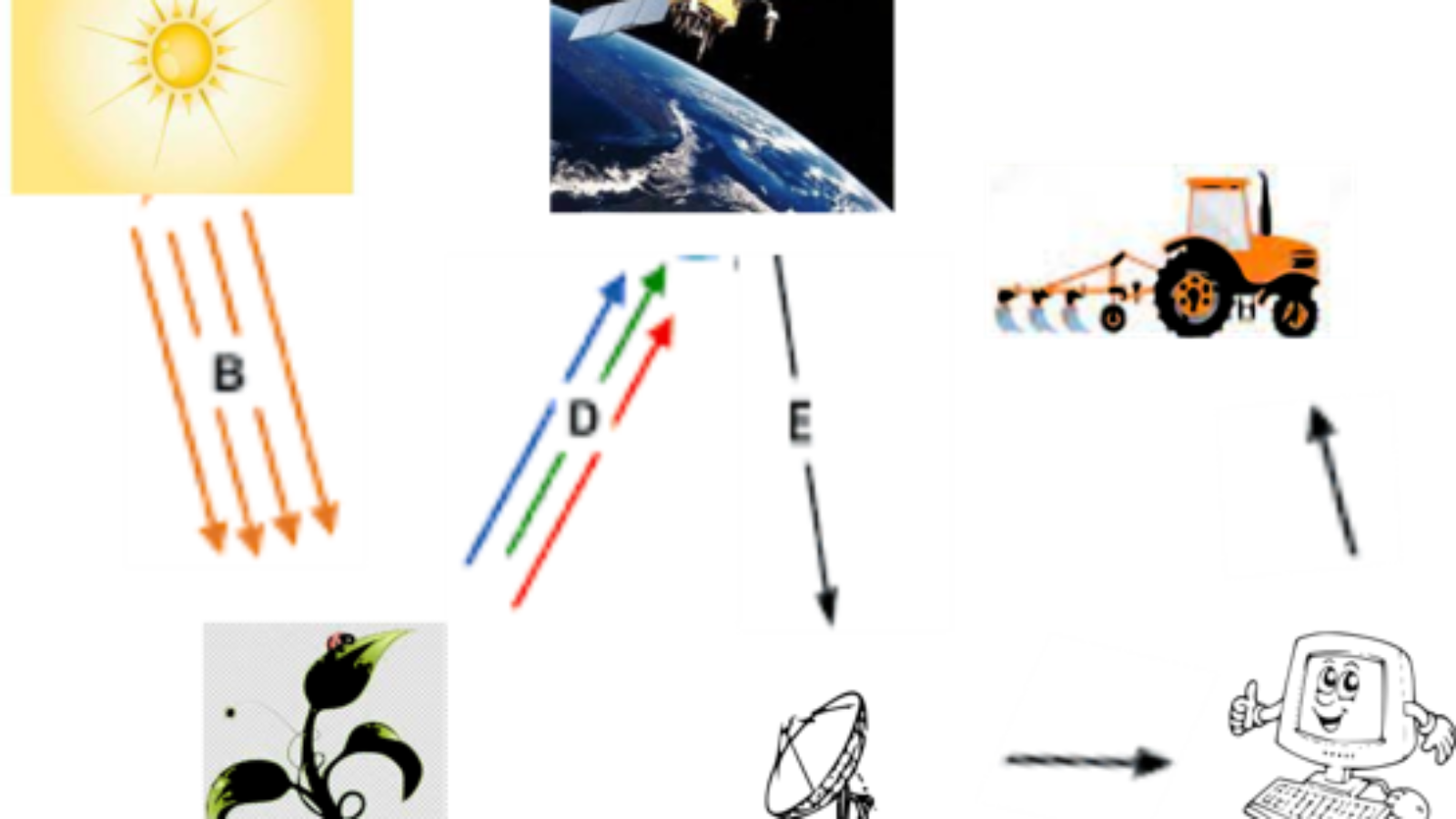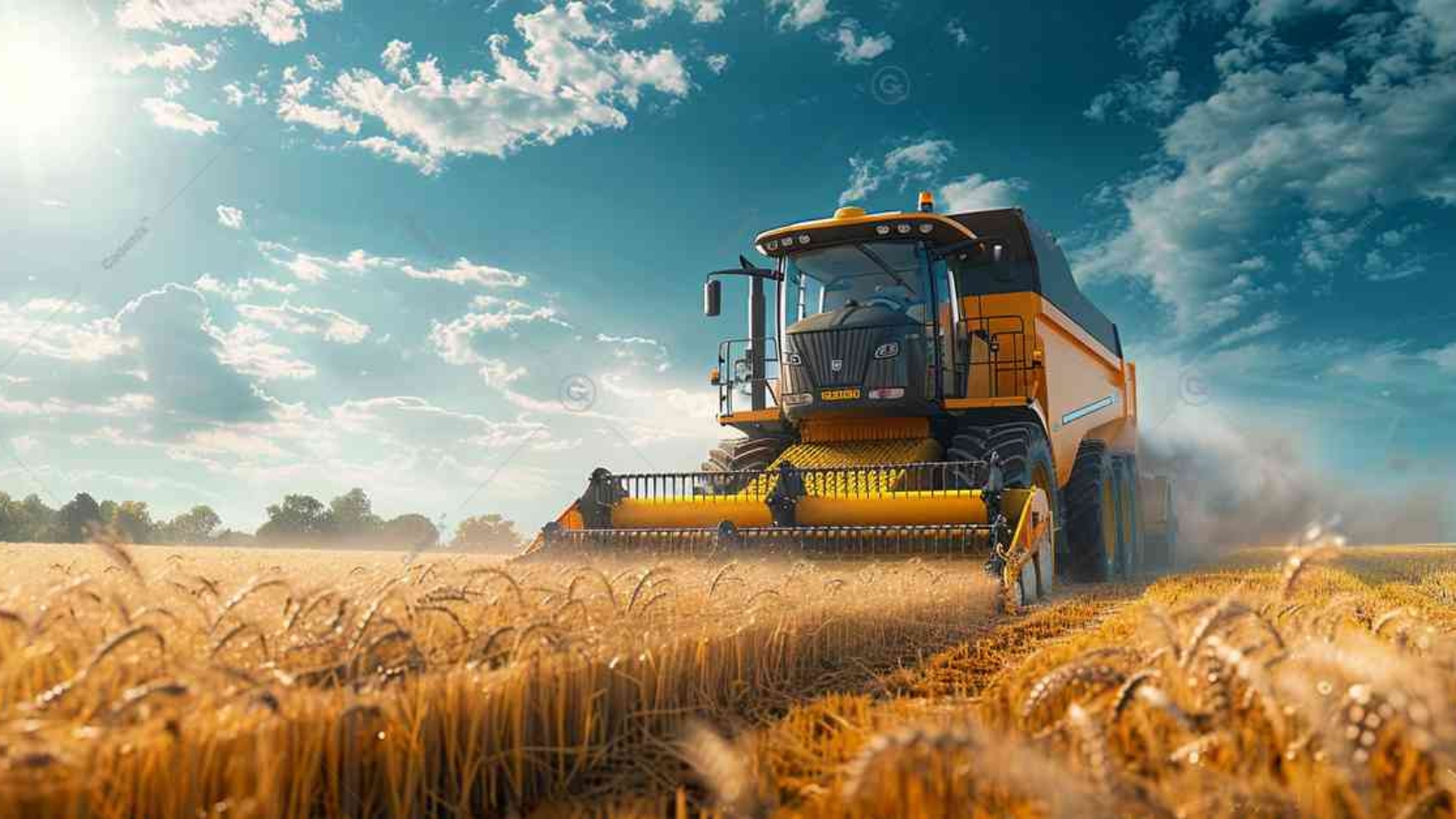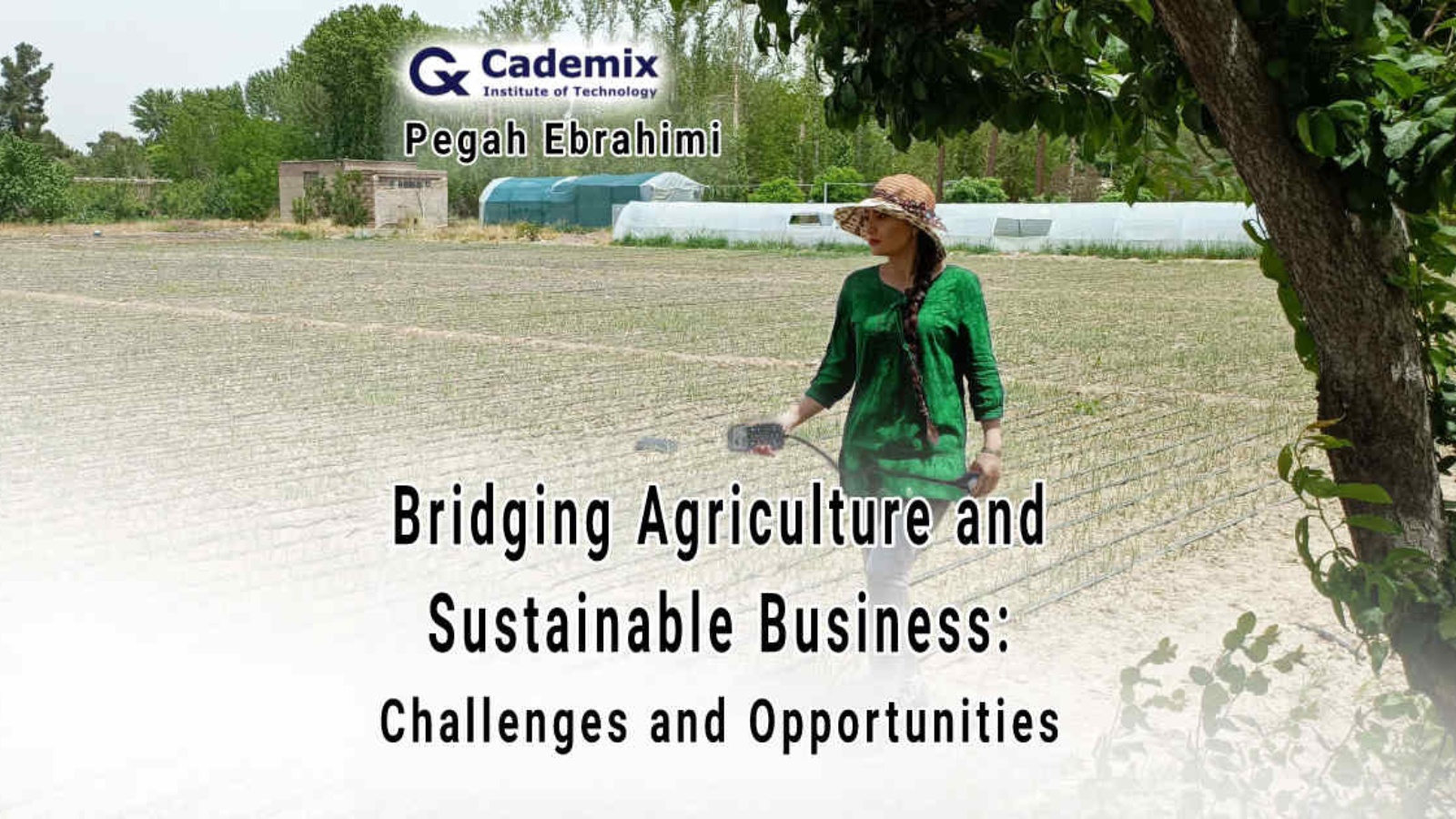Estimated Reading Time: 5 minutes BIM and LEED enhance efficiency and sustainability in construction, optimizing resources, reducing environmental impact, and supporting net-zero goals.
Precision Farming System: Revolutionizing Agriculture with Technology
Estimated Reading Time: 12 minutes Precision farming systems represent a significant technological advancement in agriculture, enabling farmers to optimize crop yields, reduce waste, and manage resources more efficiently. This article delves into the components and benefits of precision farming, offering insights into how it transforms traditional farming practices through data-driven decision-making, advanced machinery, and innovative software solutions.
Precision Farming: Advancing Agriculture Through Technological Innovations
Estimated Reading Time: 6 minutes Precision farming, also known as precision agriculture, involves using technology to monitor and manage agricultural processes with high accuracy. This method relies on data collection and analysis to guide decisions on planting, fertilizing, watering, and harvesting crops. By doing so, farmers can optimize their operations, reduce waste, and improve the overall health of their fields.
This approach is increasingly crucial as the agricultural industry faces challenges such as climate change, soil degradation, and the need for increased food production to meet a growing global population. Precision farming offers a viable solution to these issues by promoting efficient and sustainable farming practices that can be adapted to different environmental conditions.
Bridging Agriculture and Sustainable Business: Challenges and Opportunities
Estimated Reading Time: 8 minutes Adopting sustainable practices in agriculture can be a challenge due to the need for upfront investment and changes in farming methods. However, this challenge presents an opportunity for businesses to differentiate themselves in the market by demonstrating their commitment to sustainability in agriculture and sustainable business. By implementing precision agriculture technologies, diversifying crops and livestock, and developing sustainable land management practices, businesses can optimize resource use and reduce waste, increase productivity, and mitigate risks associated with climate change and market fluctuations.




